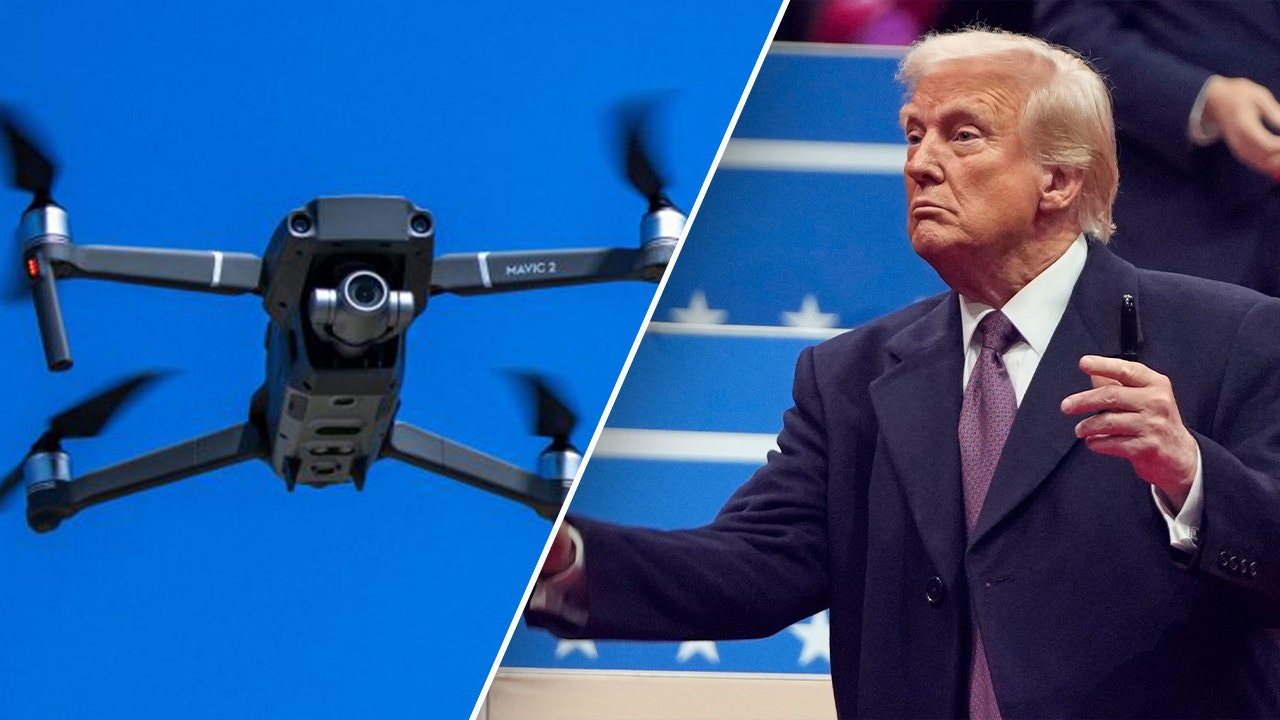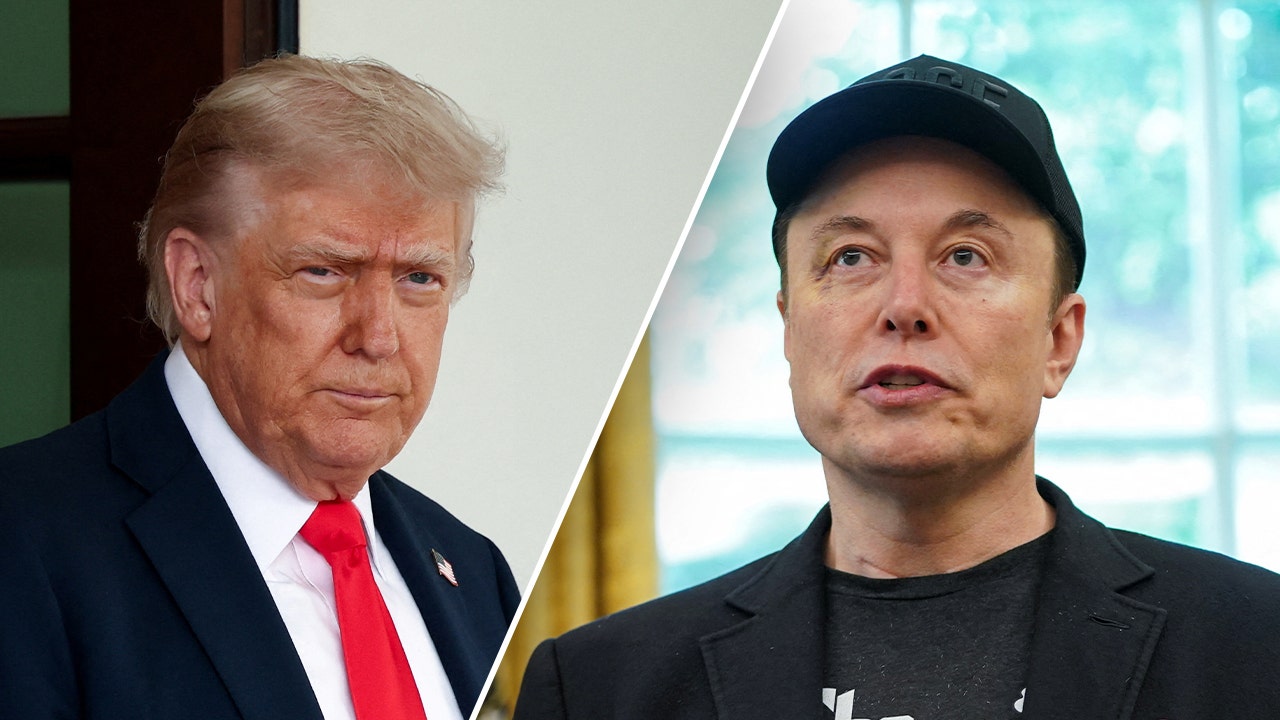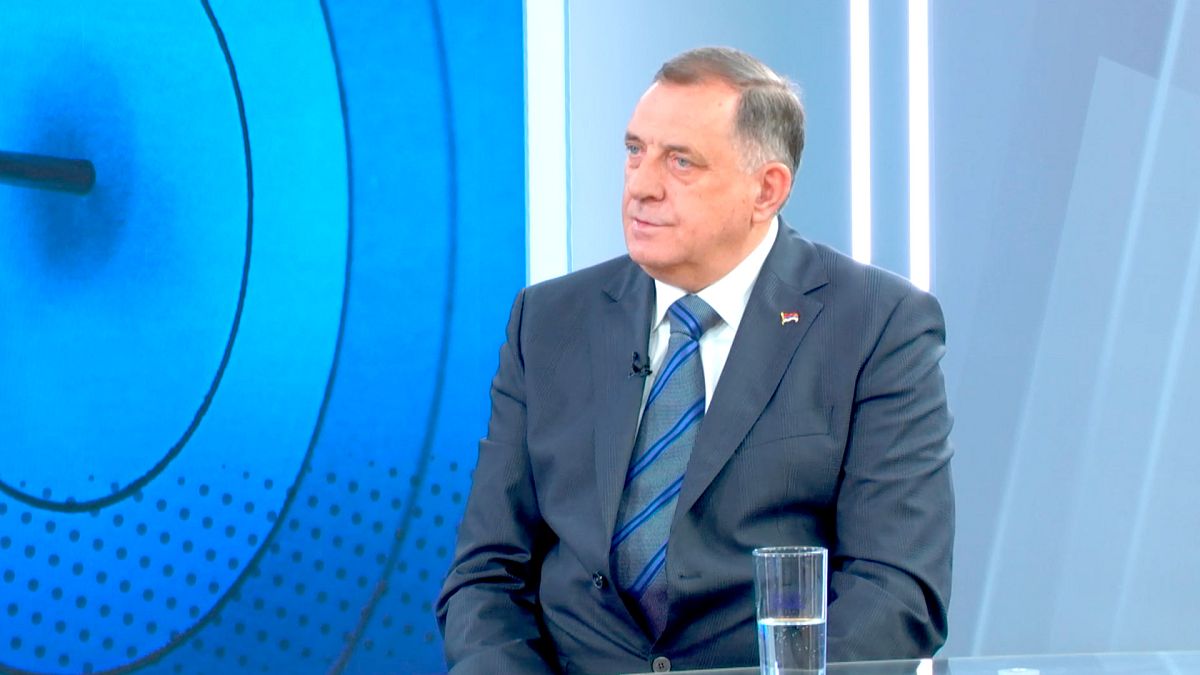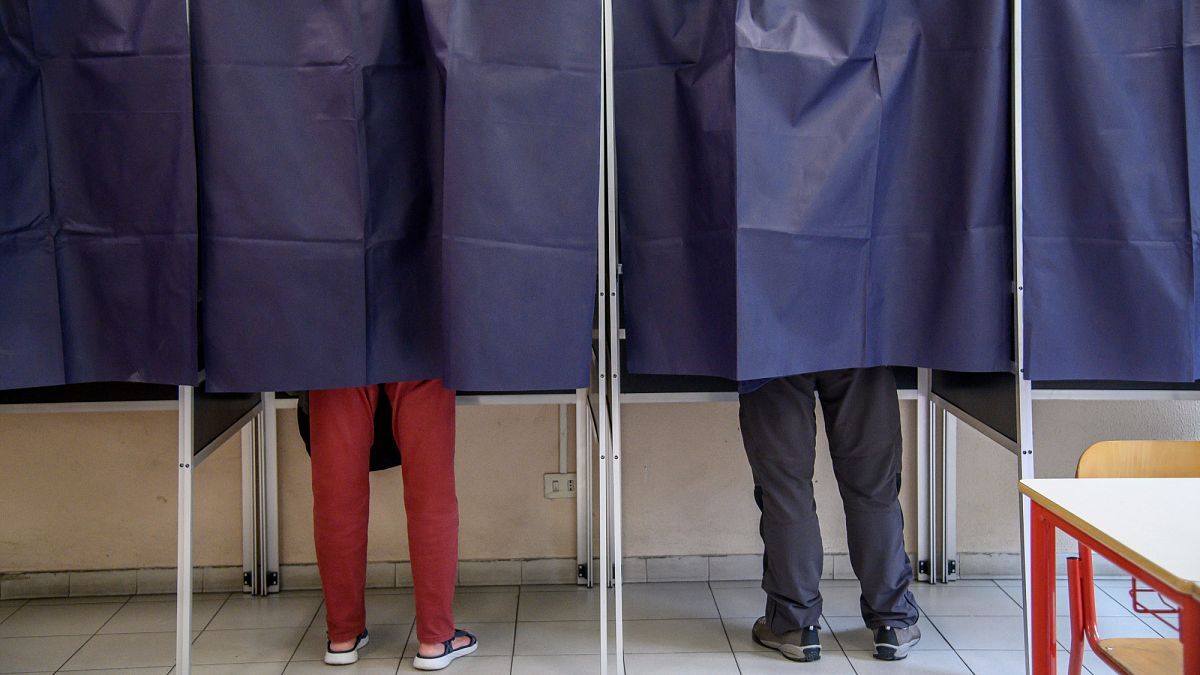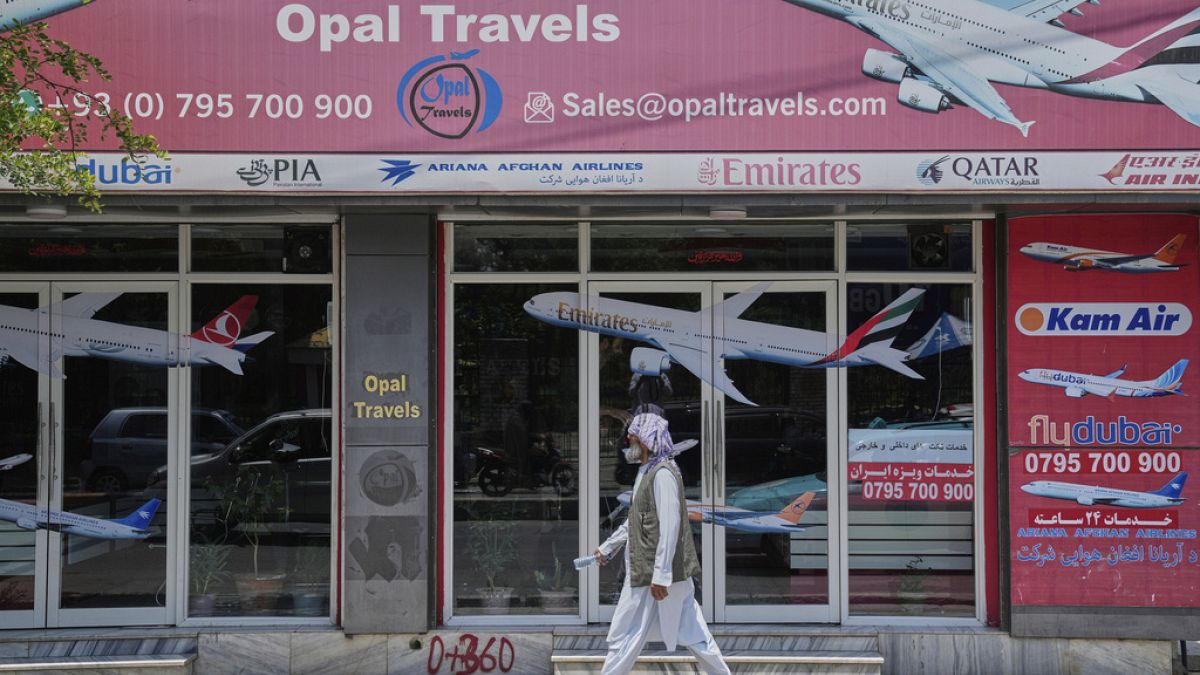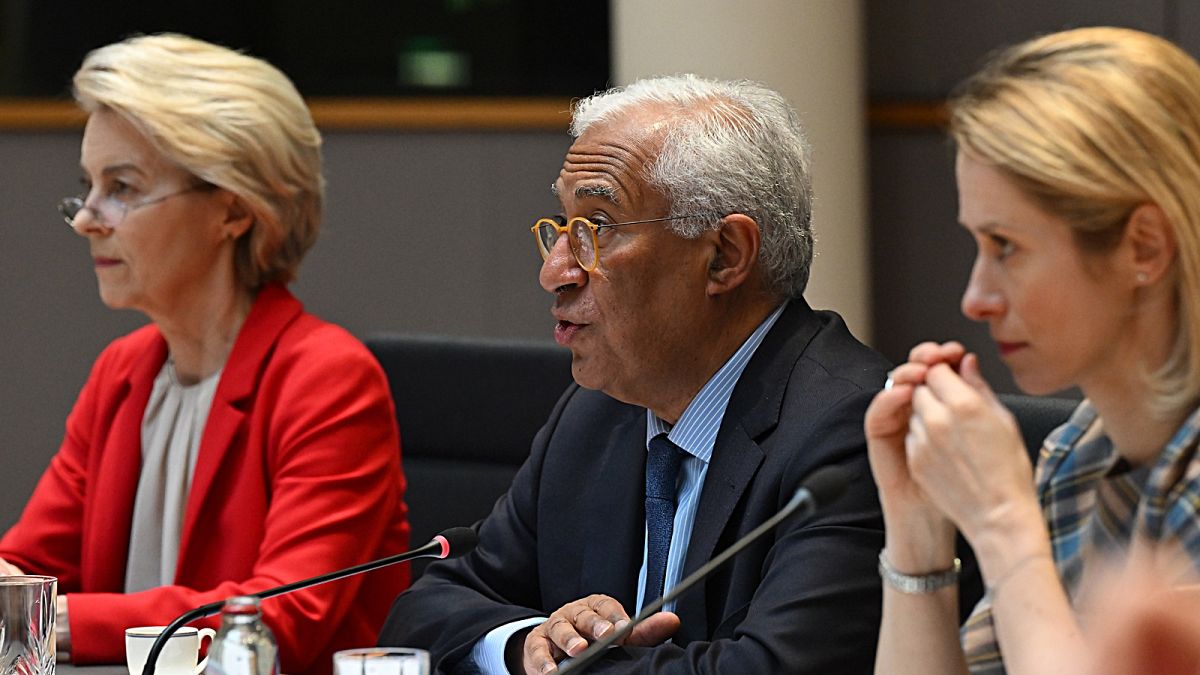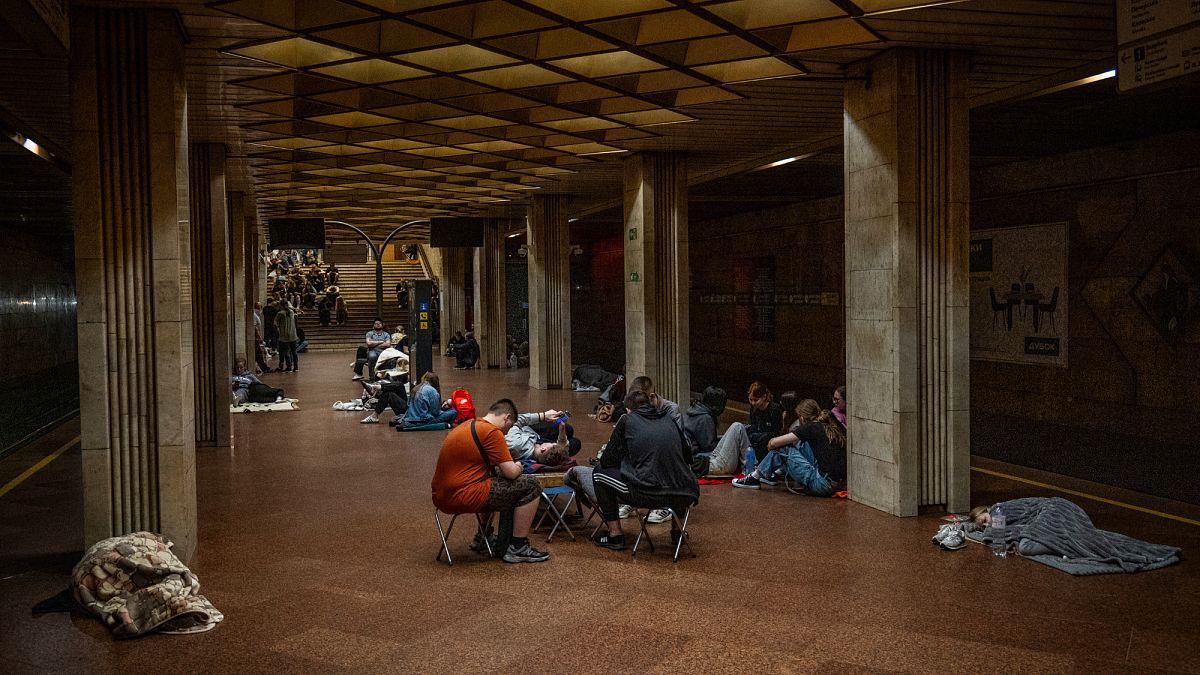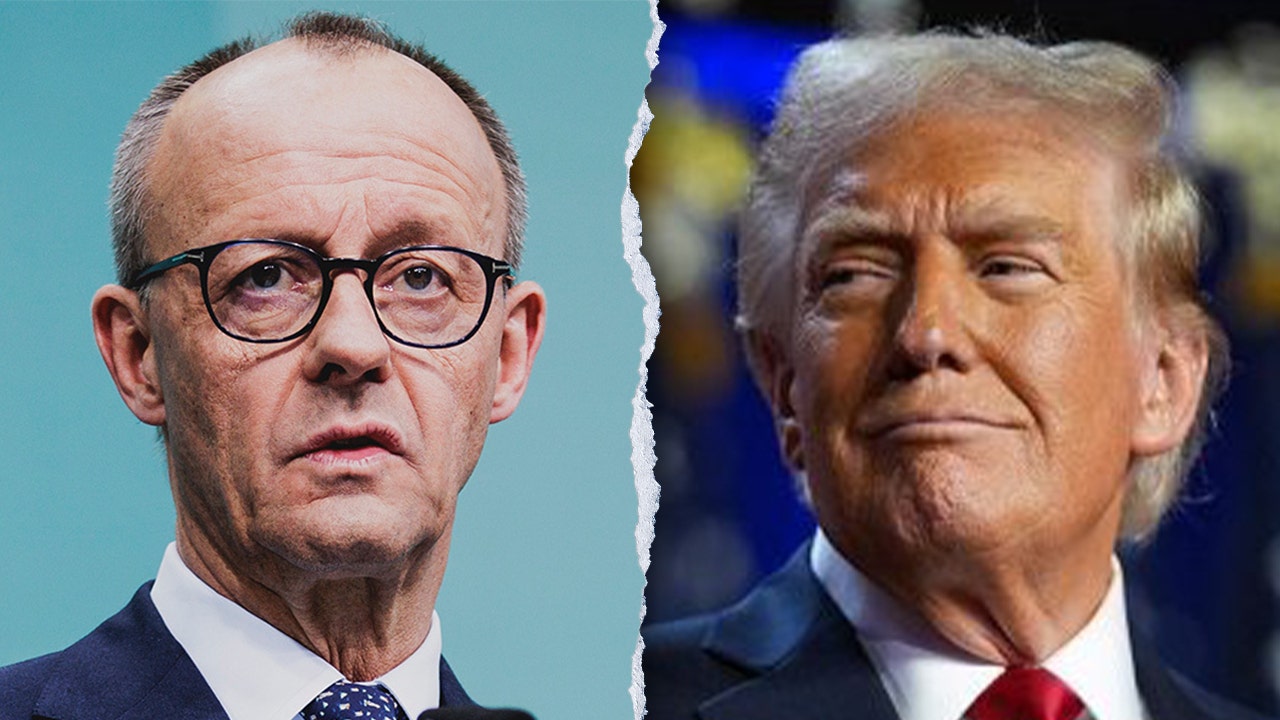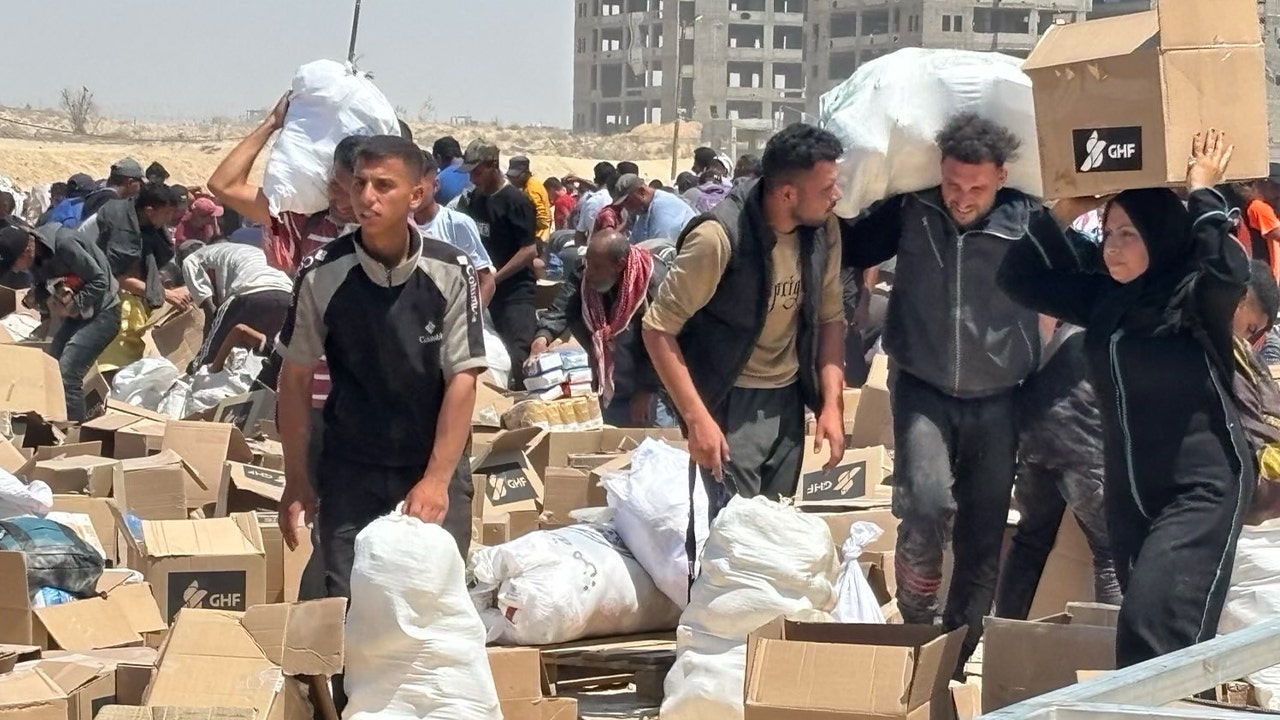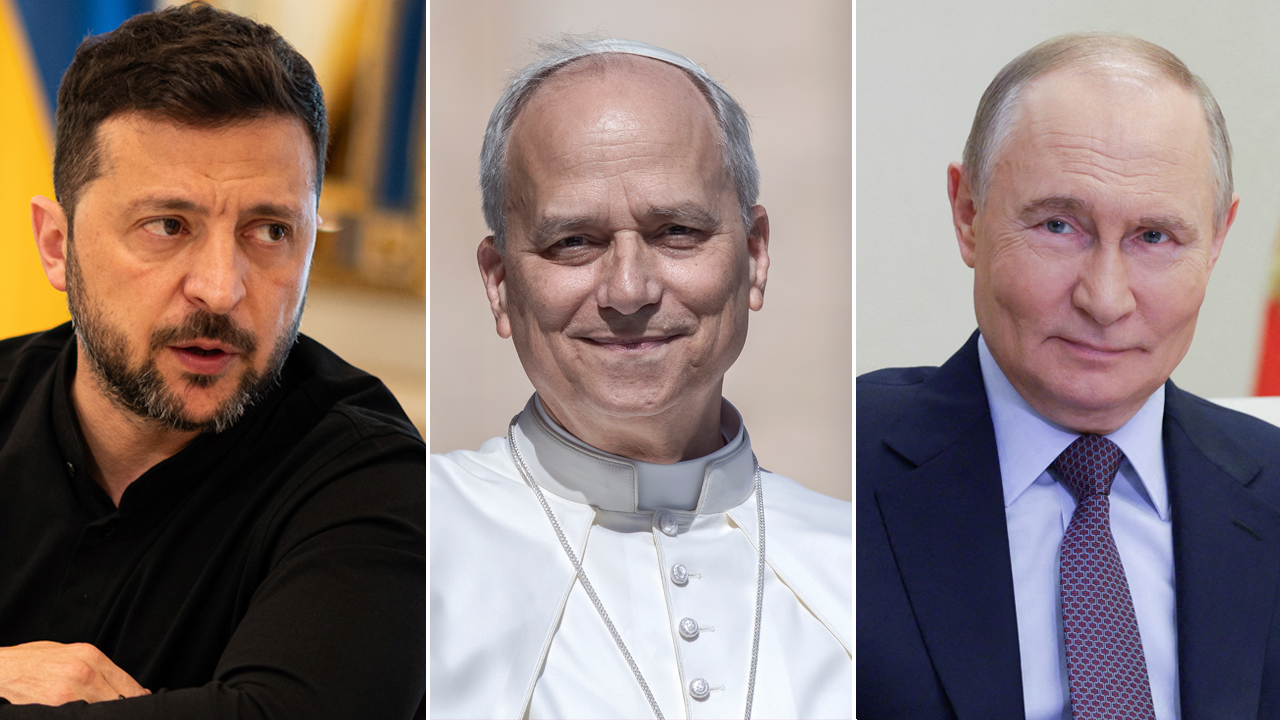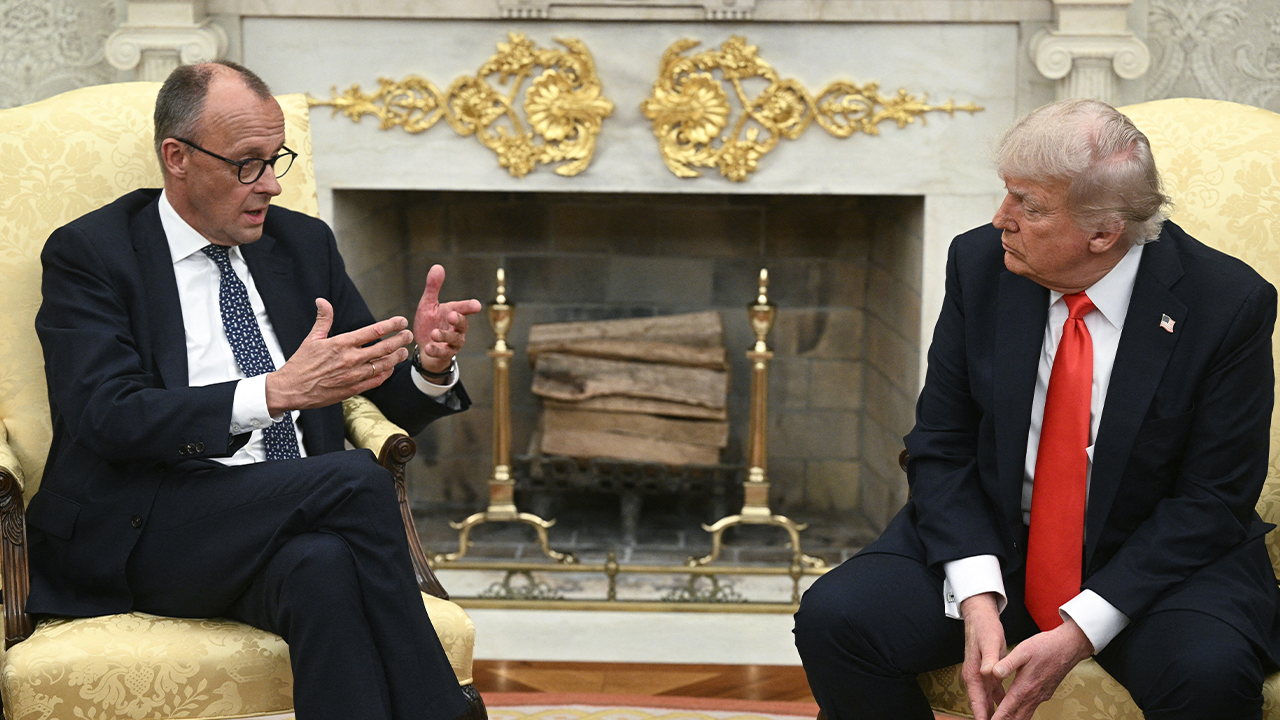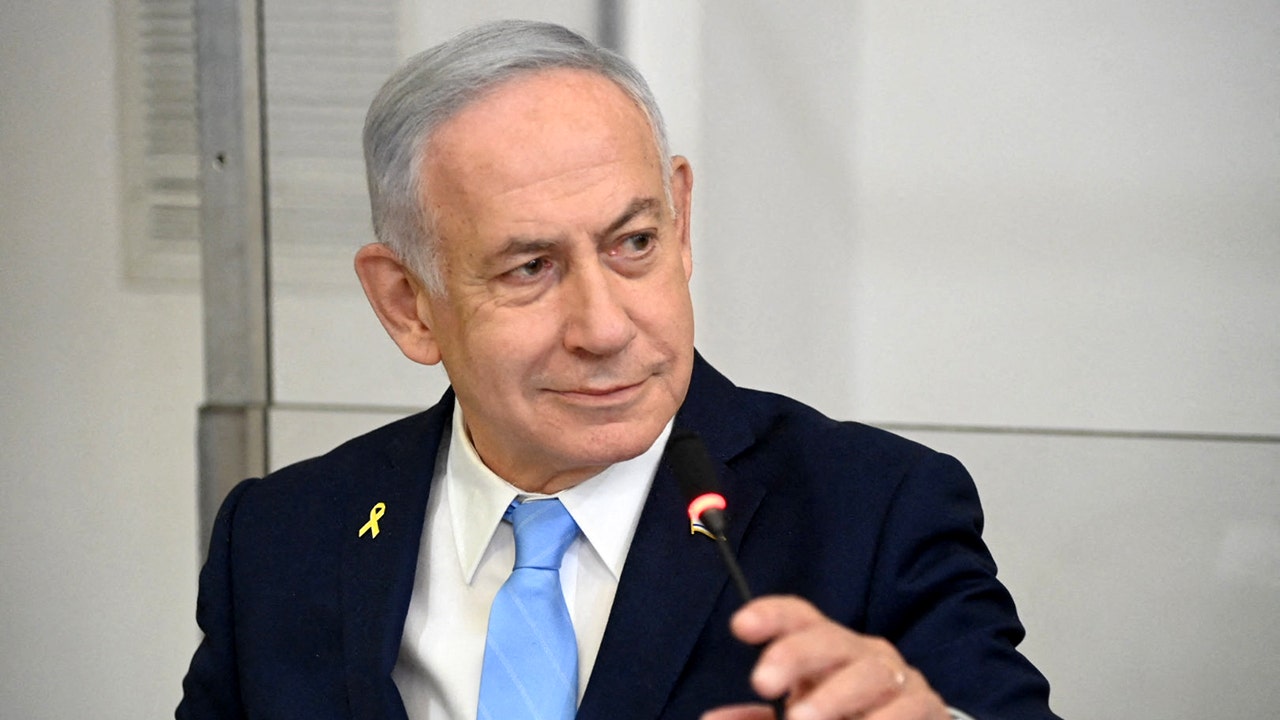Bosnian Serb leader Milorad Dodik has not appealed his verdict and will not attend the state-level court session next Thursday — the latest development in a prolonged high-tension political crisis in the Western Balkan country that has since simmered down to a steady boil.
The crisis reached its peak in late February, when the Sarajevo-based Court of BiH convicted Dodik of going against the decisions of the country’s international peace envoy, Christian Schmidt, which constitutes a criminal act. The verdict is not final, and Dodik had the option to appeal it.
In the meantime, however, the president of Bosnia’s Serb-majority entity of the Republika Srpska (RS), Dodik introduced new laws meant to ban the operation of state-level security and judicial institutions in what comprises about half of the Western Balkan country’s territory. The decisions have been temporarily suspended by the state-level Constitutional Court.
“As far as I’m concerned, that verdict doesn’t exist, and it is null and void,” Dodik told Euronews Serbia.
“I didn’t even appeal because the RS parliament stated that the work of that court is banned in the territory of RS, as the court itself is unconstitutional,” he argued.
At the same time, Dodik firmly rejected allegations that his actions have alienated him from political actors from the other entity of the Federation of BiH and inched the country, which already went through a bloody war in the 1990s, closer to renewed conflict.
“What I want is to establish communication and maintain peace,” Dodik said. “A year ago, according to (leaders of the other entity), the main warmonger was Milorad Dodik. But nothing happened.”
“You won’t find a single action of mine heading in that direction, nor will you find even one such statement,” he said.
Dodik also questioned the legitimacy of High Representative Schmidt, saying he acted against “imposed decisions” by the envoy whose mandate, Dodik claims, contradicts the Dayton Agreement, signed in 1995 to end the war in the country.
The agreement brought about the end of the war between the country’s three main ethnic groups — Bosniaks, Serbs and Croats — that began in 1992 during the dissolution of the former Yugoslavia, deemed as the bloodiest conflict on European soil since World War II.
The High Representative is meant to act as the chief arbiter in high-profile disputes and the key figure overseeing the implementation of the deal.
The peace agreement, parts of which act as the country’s constitution, split the country into two main administrative units, or entities: the Serb-majority RS and the Bosniak-Croat FBiH, partially overseen by an umbrella state-level government.
Meant to appease the former belligerents, it created a complicated system of checks and balances, said to be the world’s most complex democracy.
‘Hard-won peace’ at risk?
Dodik’s ongoing challenge to the High Representative and state-level institutions’ authority has been deemed to be the EU membership hopeful’s biggest test of post-war stability.
The Court of BiH issued a nationwide arrest warrant for Dodik in March, but he has not been apprehended since.
In the meantime, he has travelled to neighbouring Serbia, Israel and Russia, where he attended the 9 May Victory Day celebrations in Moscow, organised by Russian President Vladimir Putin.
Back home, tensions flared up once again in late April after state-level security agency inspectors tried to arrest Dodik, but were prevented from doing so.
While the details around the incident remained unclear, the domestic media reported that SIPA agents left after “talking” to the RS police. Dodik later said he felt “fine and safe”.
The European peacekeeping force in Bosnia, EUFOR, has stepped up the number of its troops in response to the tensions.
In March, NATO’s Secretary General Mark Rutte pledged the military alliance’s “unwavering” support for Bosnia’s territorial integrity.
“Three decades after the Dayton Peace Agreement, I can tell you: NATO remains firmly committed to the stability of this region and to the security of Bosnia and Herzegovina,” Rutte said at the time. “We will not allow hard-won peace to be jeopardised.”
Read the full article here





